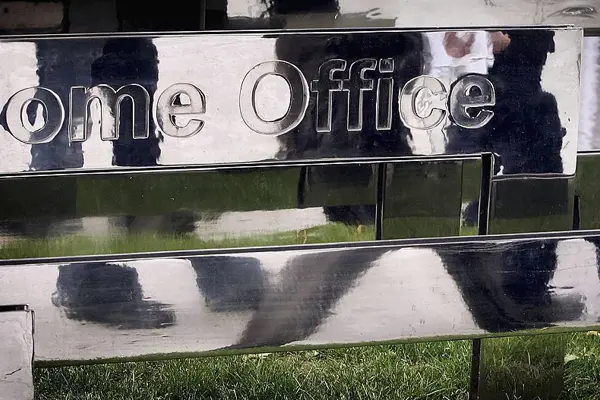Lawyers against injustice
Leigh Day is a law firm established to combat injustice. Championing the underdog, the firm stands against entities and their wrong doings. Through hundreds of cases, Leigh Day secures compensation, influences legal changes, and restores justice.
Comprising 800 passionate individuals, Leigh Day welcomes those with just causes, assuring them access to objective, professional advice, with a commitment to an open, honest relationship. Our promise is to afford ordinary individuals the same quality of legal advice as state bodies, insurers and multinationals. Regardless of where injustice unfolds, Leigh Day stands as an unwavering force, ready to fight relentlessly for justice.
What our clients say
How can we help?
Our expert and experienced legal teams advise clients with injury and rights claims. Check our service list to see if we can help you.
Why work with us
£1bn of compensation
We have been representing individuals in the legal claims against government and large corporations for over 35 years. In that time we have recovered over £1bn in compensation on behalf of our clients.
UK's leading experts
Our teams are regarded as amongst the best in the legal sector across all the areas of law. This expertise, from thousands of legal claims, enables us to tackle the most complex and challenging legal cases
Ranked number one
The firm is ranked in Band 1 in 8 categories in the independent legal directory Chambers and Partners and is in the Top Tier in the Legal 500 for personal injury, medical negligence, human rights, employment and consumer law.
Have a question?
Find out more in our frequently asked question section.
Leigh Day news and cases

Leigh Day celebrates excellence with five partner promotions in Manchester
Law firm Leigh Day is pleased to announce five new partner promotions in its Manchester office.

Inquest finds Mum died aged 56 of natural causes contributed to by neglect and delay in sepsis diagnosis
An inquest has concluded that there were ‘significant failures’ and missed opportunities when treating mum and grandmother Tracey Farndon, who died hours after admission to the A&E department at a Birmingham hospital.

Multi-million-pound legal claim launched to compensate people living near River Wye for pollution allegedly caused by chicken producers
A legal claim potentially worth hundreds of millions of pounds has been launched by law firm Leigh Day in a bid to compensate thousands of people living in the Wye catchment likely to have been affected by a major degradation of the River Wye and its tributaries in recent years.
How we have helped others

MPs’ landmark legal action against UK government over Russian interference proceeds in European Court of Human Rights
A landmark legal claim over the UK Government’s failure to call an independent investigation into Russian interference in UK democratic processes has been successful at the first hurdle at the European Court of Human Rights (ECtHR).

Cancer misdiagnosis - Stacy's story
Stacy died in February 2020 but wanted to tell her story to help others.

A family’s battle against the tech giants – Molly Russell’s inquest
Merry Varney, partner specialising in representing bereaved families at their loved ones’ inquests, discusses her journey in representing the family of Molly Russell in their fight for answers about the harmful online world she accessed, and its contribution to her death.


